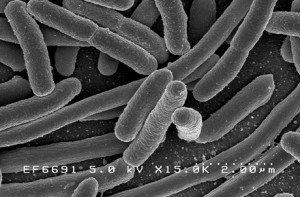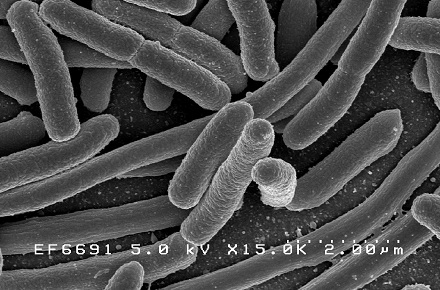The European Food Safety Authority (EFSA) has revised its consumer advice on the consumption of sprouts and sprouting seeds. Following the E. coli outbreak in France and Germany earlier this year, the European Commission has informed EFSA that the EU Member States have now completed tracing activities across the food chain.
 |
| [relatedPosts title=”Related Posts”] |
|
|
Actions have included the removal from the market in all Member States of the most likely source of the contaminated food – a specific lot of fenugreek seeds from Egypt – coupled with on-going importation restrictions. The EFSA is no longer advising consumers “not to grow sprouts for their own consumption and not to eat sprouts or sprouted seeds unless they have been cooked thoroughly”. EFSA recommends that consumers refer to national food safety agencies for any specific advice regarding sprout consumption.
The EFSA reminds consumers of the importance of good hygiene practices when preparing and consuming fresh vegetables, such as washing hands before food preparation, washing food properly under running potable water and separating raw foods from ready-to-eat or cooked foods.
This updated advice is accompanied by the publication of a Scientific Report that provides a comprehensive overview of what happened from a food safety perspective during the outbreak of E. coli0104:H4 that led to almost 50 deaths in Europe, making it one of the largest food-borne outbreaks reported in the EU in decades.
EFSA’s Biological Hazards Panel is currently carrying out a risk assessment on the EU production chain for sprouts and sprouting seeds following a request from the European Commission and will publish a Scientific Opinion in the coming weeks.
- The Scientific Report ‘Shiga toxin-producing E.coli (STEC) O104:H4 2011 outbreaks in Europe: Taking Stock’ can be found here.
- Appendix 1 can be found here.





